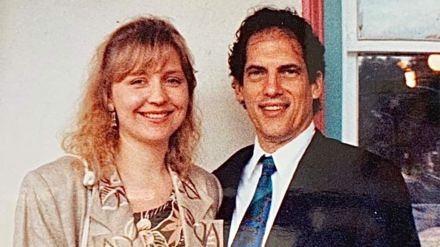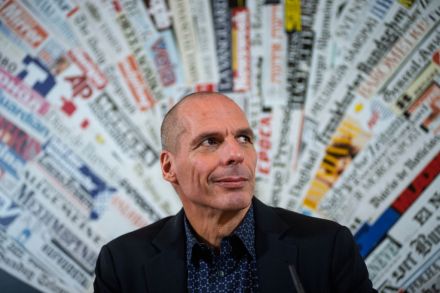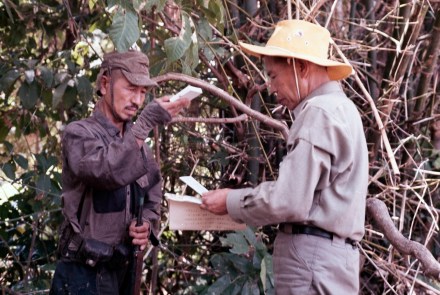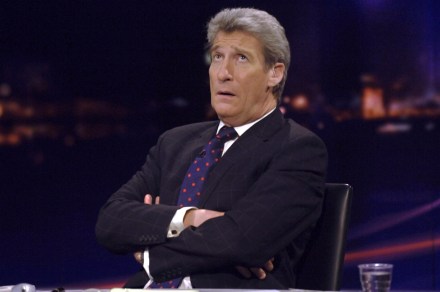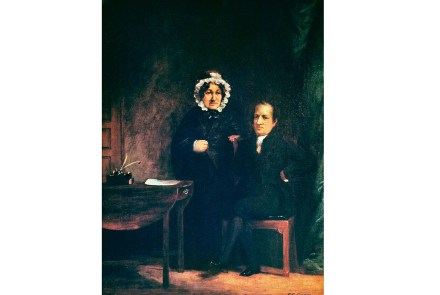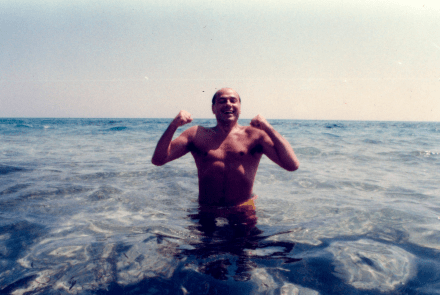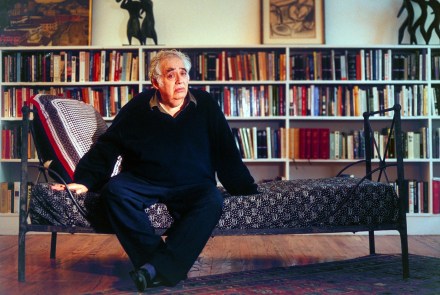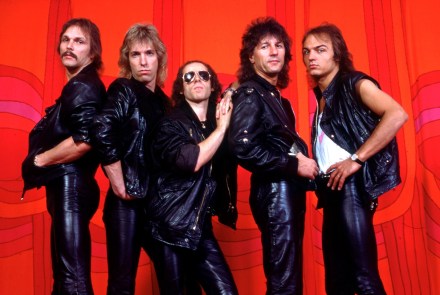Is the hottest new podcast, The Apology Line, worth sticking with?
With the arts world still largely in hibernation, the launch of a big podcast is as close as we get to a big cultural event these days. Such is the case with The Apology Line, the latest serial podcast from Amazon-owned Wondery, which shot to the top of the ‘most downloaded’ charts last week and has sat there comfortably since. The Apology Line tells the story of a 1980s experimental art project in which a Manhattan-based provocateur, Allan Bridge, issued an open invitation to the city’s criminals (‘amateurs, professionals, white collar, blue collar’) to record their anonymised confessions to an unmanned phone line. He intended for the recordings to become
